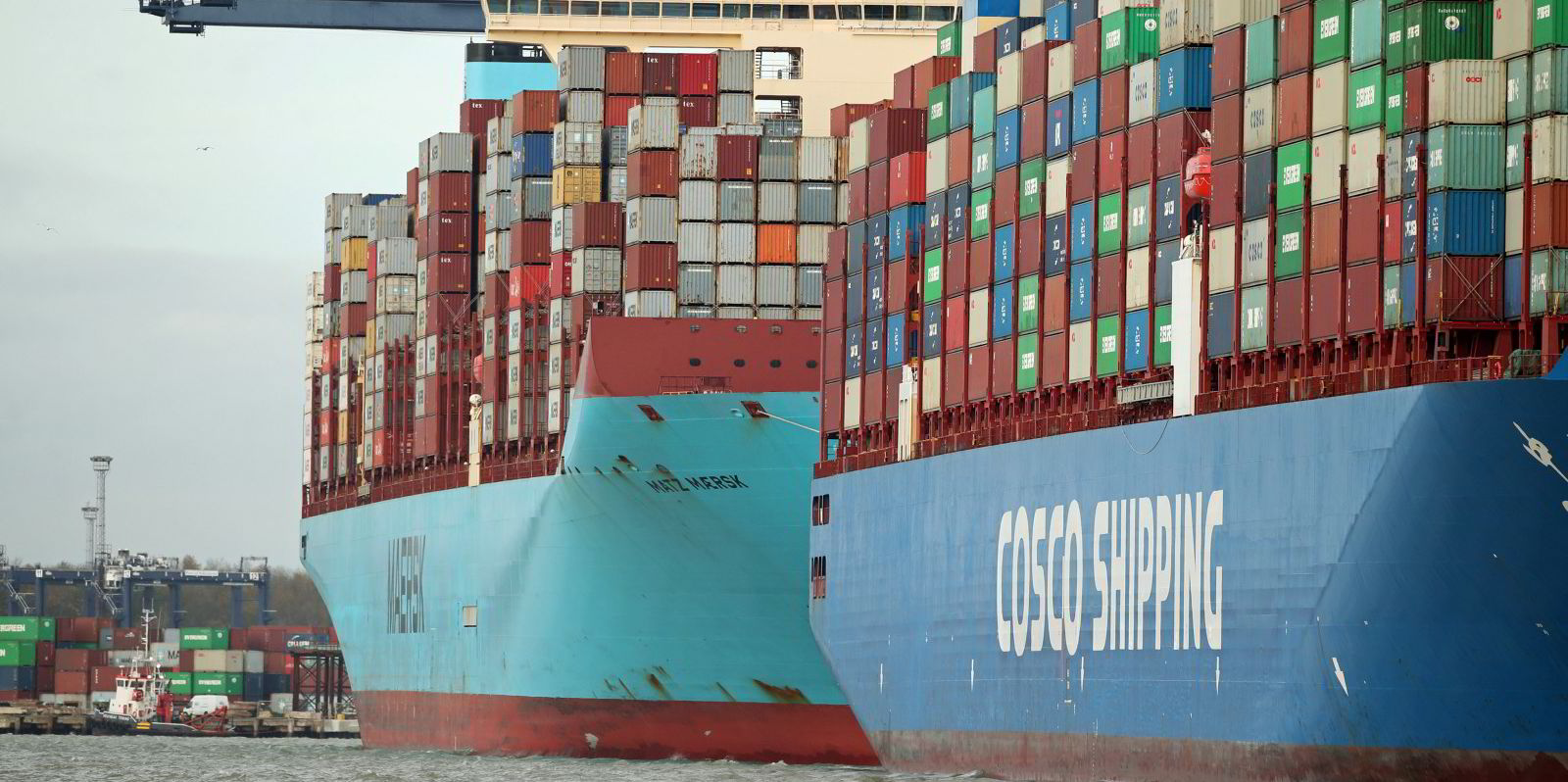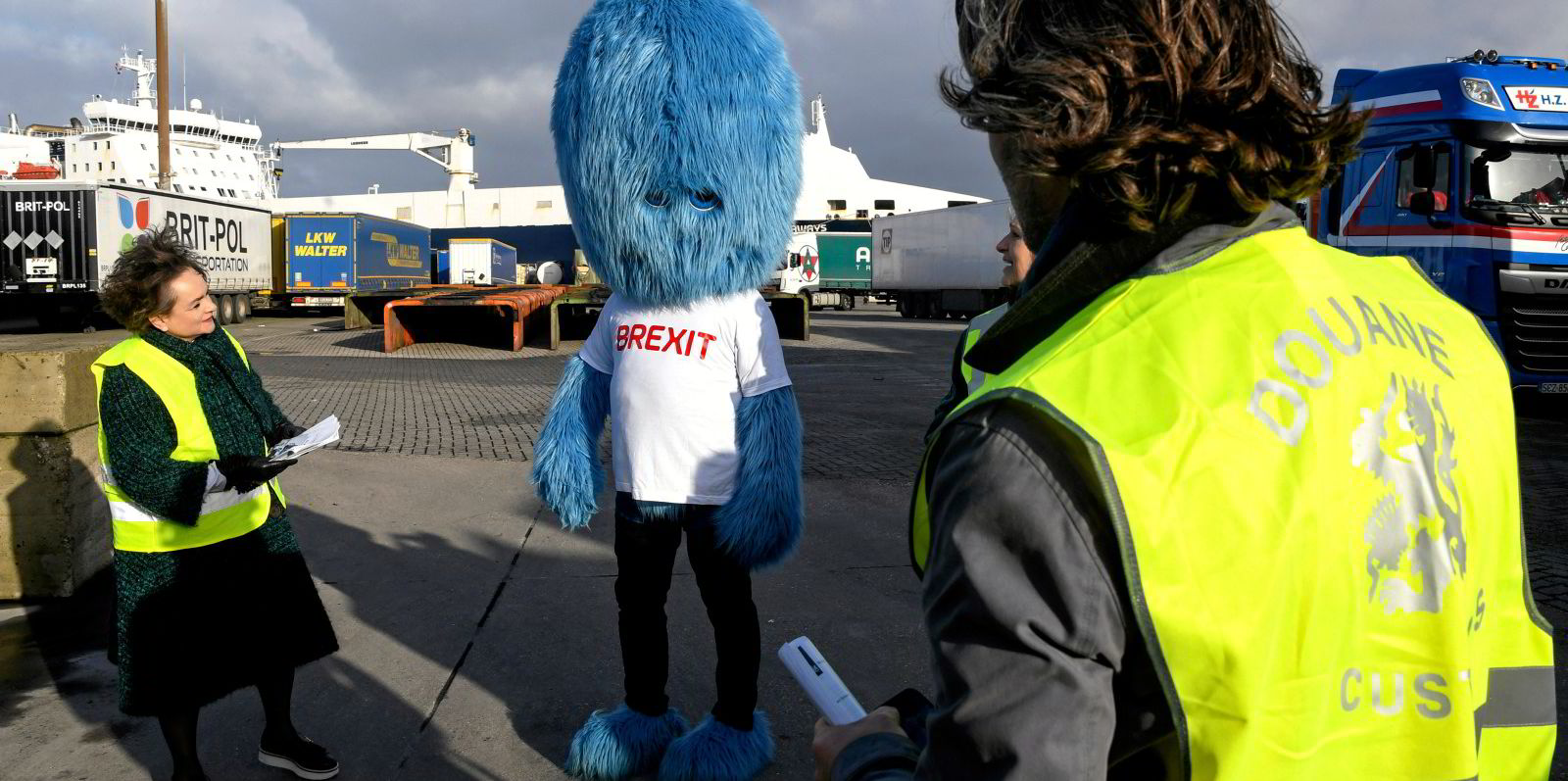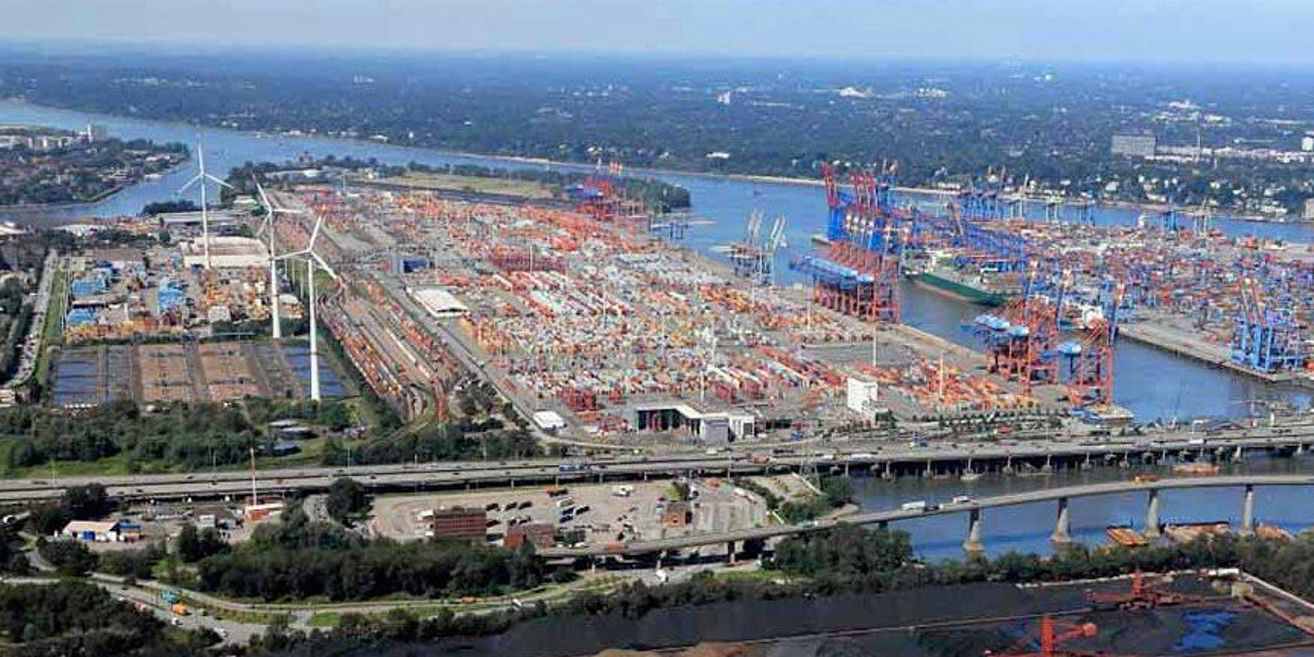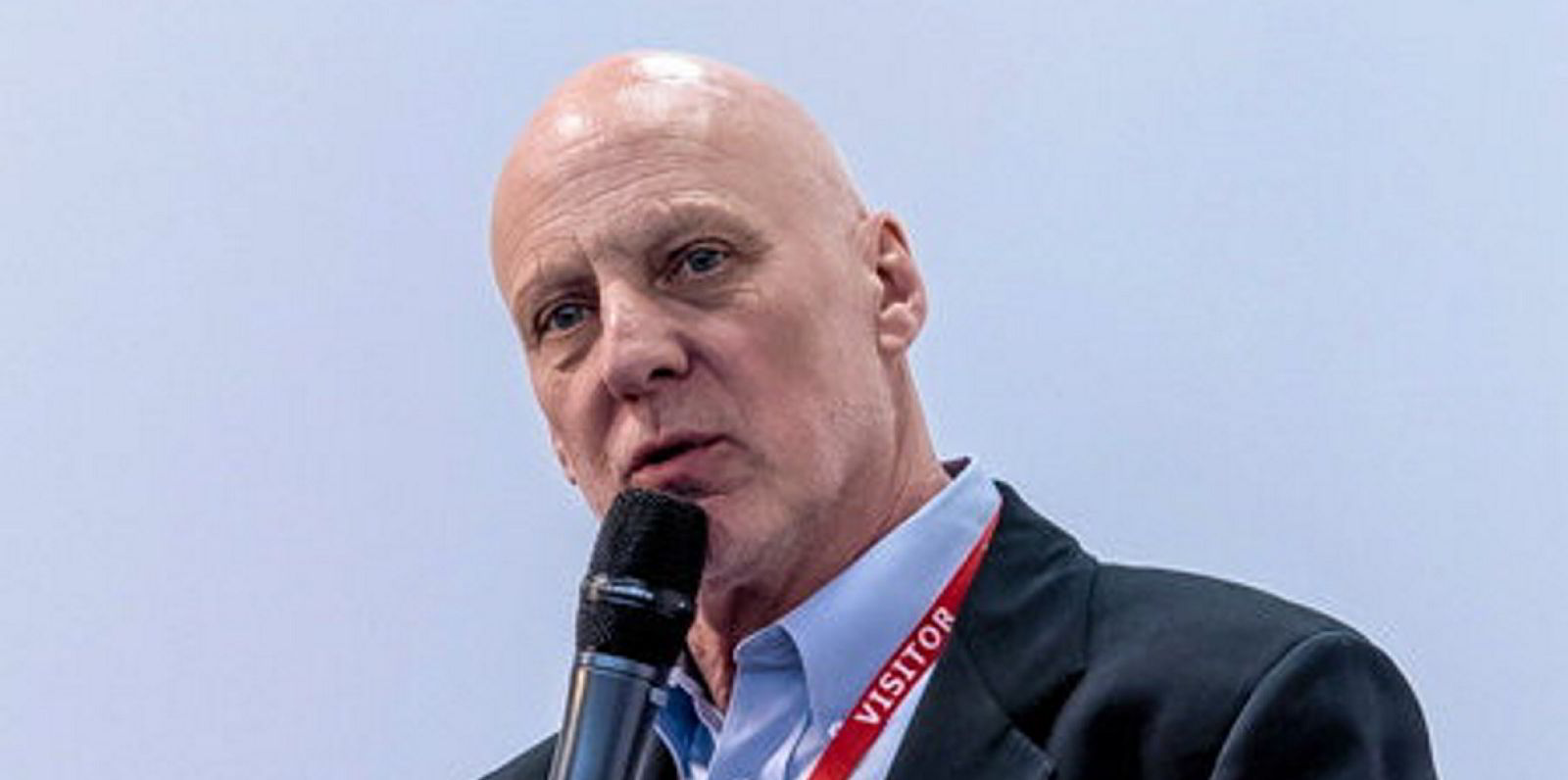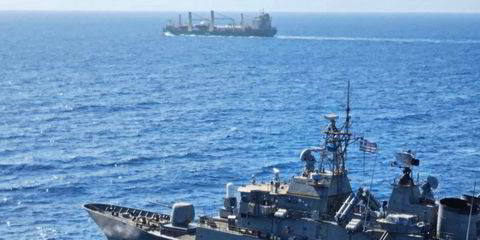In November 2018, the UK's then Brexit secretary, Dominic Raab, admitted he had not known how reliant the UK was on Dover for trade with Europe. Two years on, that lack of basic knowledge is about to bite as the nation struggles with the insurmountable problems of creating a workable customs systems to cope with its freight bottlenecks.
The National Audit Office has said it is “likely that widespread disruption will occur from 1 January 2021" at British borders, in large part because computer systems being built to handle new customs checks and documentation are not ready, months after they were due to have been set up.
Only a “minimum viable” version of the new documentation system — the Goods Vehicle Movement Service (GVMS) that should allow ports and truckers to digitally match consignments with customs declarations — is planned to be released this month. The full version is expected to be ready around June.
An additional 260m customs forms are expected to be needed next year, and it has been estimated that 30% to 60% of trucks crossing the English Channel might not be prepared for the new documentation requirements.
Bottlenecks
“This could create queues of over 7,000 cargo trucks, with wait times of up to two days for entry into the European Union,” said a report by Resilience360, a logistics consultancy that brings together a group of trade experts including DHL Consulting, management consultancy Accenture, insurer Munich Re and the Institute for Supply Chain Security.
Delays to the core web-based system for GVMS — the Smart Freight Service — have raised concerns over training for it, with some reports saying it will not be ready until 23 December, and there are fears over how well it will work.
The problems for the UK's main ro-ro port of Dover have led the government to set up a Kent Access Permit system, requiring documentation checks ahead of trucks going into the county where the port is located — with fears that it will extend wait times further and cause gridlock in southern England.
If ro-ro ports and services are facing huge disruption, container shipping routes do not necessarily promise any relief.
Transport chiefs are suggesting many European carriers will not even attempt to move goods to English Channel ports, with Rotterdam warning last week it will turn trucks away without the correct paperwork.
Alternative routes
Other shippers are looking for alternative routes — including shipping via Ireland, but congestion is expected to be a problem for any ro-ro sailings because of the same customs issues.
Congestion at the UK’s busiest container ports, Felixstowe, London Gateway and Southampton, has increased since September due to peak-season deliveries, pandemic-related medical equipment shipments, and an order boom in the run-up to the Brexit deadline.
The pandemic is a complicating factor in the new year, with concerns about how vaccines made in Belgium can be shipped quickly under extreme refrigeration, but it has already had an effect. A backlog of containers loaded with government-procured medical equipment has been a factor in the congestion levels.
Shipping lines are cutting calls or leaving before fully unloading at the worst-hit UK ports, dumping cargo in Europe, where it will clog continental terminals. Problems at Felixstowe, the UK’s biggest box port, are expected to continue until February.
Mythical greatness
Duncan Buchanan, policy director of the UK’s Road Haulage Association, told the BBC this week he is expecting something "between shocking and a catastrophe" in January because the complexity facing those dealing with the paperwork “has been serially misunderstood by various parts of government".
It should be little surprise that a largely emotional vote for a return to a mythical greatness and lost sovereignty would leave a country that likes to think it can stand alone struggling to deal with the immense complexity of the modern open trading networks upon which it depends in reality.
The chickens are coming home to roost for a government that promised Brexit without the faintest clue how it would achieve it.
Do you have an opinion to share? Email: news@tradewindsnews.com
